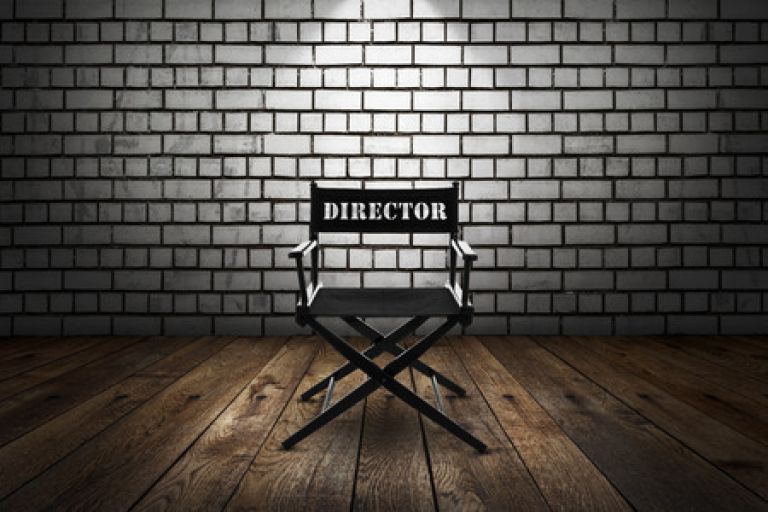When will the film industry pass the gender equality test?

Half of all Hollywood blockbusters fail to pass the Bechdel test, including the entire Lord of the Rings trilogy, all Star Wars and all but one of the Harry Potter movies. One may think it is a simple test, but many films lack the requirements: two female characters who both have a name and talk to each other about something other than a man.
The International Women’s Day (8 March) is an occasion to talk about gender inequality in film, but the topic must be on our radar 365 days of the year. Awareness raising and activism are a first step, yet it requires much more until the film industry passes the test.
At the 2018 Cannes Film Festival, 82 women took part in a red-carpet demonstration against gender-based discrimination in the film industry. This year, for the first time in history of the Oscars Academy Awards, women took home 15 awards. Encouraging on one hand and discouraging on the other. The figure 82 represented the low number of female directors at the Cannes Film Festival since the first edition in 1946, compared with 1,688 male directors. Despite the many Oscar awards to women, none were nominated as best director. In fact, Kathryn Bigelow is the only female director, throughout the 89-year history of Oscars, who has received an award, and Jane Campion is the only one during the 71-year-old Cannes Film Festival who has won. The Venice and the Berlin film festivals have a slightly better track record, since 1980 they honoured four female directors each. These figures and others have been compiled in a briefing by the European Parliament. It also highlights that the average of European films directed by women, in the 2012-2016 period, is only 19,6%; the lowest 5% (Latvia) and highest 30% (Sweden). This is not because talent does not exist, on the contrary, 44% women graduate from film school but only 24% are working in the industry (see European Women’s Audiovisual Network and Women & Hollywood for more facts & figures).
The European Parliament’s LUX Film Prize is a positive step forward, since 2007 it has awarded five female directors, and several films about strong women and inspiring role models. Eurimages, the cultural support fund of the Council of Europe, has been working on gender equality in the film industry since 2012, and Creative Europe MEDIA is now measuring and monitoring gender balance participation in the programme. It published a brochure with key figures for the Berlin Film Festival showing that projects submitted by women have higher success rates relative to the (lower) number of applications. Studies, mentoring, training and networking activities will be among the priorities of the programme from 2020.
Last month, SAA’s Director went to Zagreb to participate in a first of its kind, International Conference on women in film industry. Women from the region shared their experiences and frustrations as actresses, directors and producers in countries such as Romania, Croatia, Slovenia, Montenegro and Macedonia, many of whom are hardly being paid and resort to setting up their own production companies to realise their projects. The Swedish Film Institute, being a frontrunner, summed up: power is where the money is, and the money is invested in male directors. Women and men, both in-front of and behind the camera, need to be counted to debunk assumptions about gender, and a 50/50 equality goal is a must.
Read more about other initiatives happening at national level. Read also my blog post from last year about ‘Where are the female directors and screenwriters?’, referring to more interesting studies on the topic.
